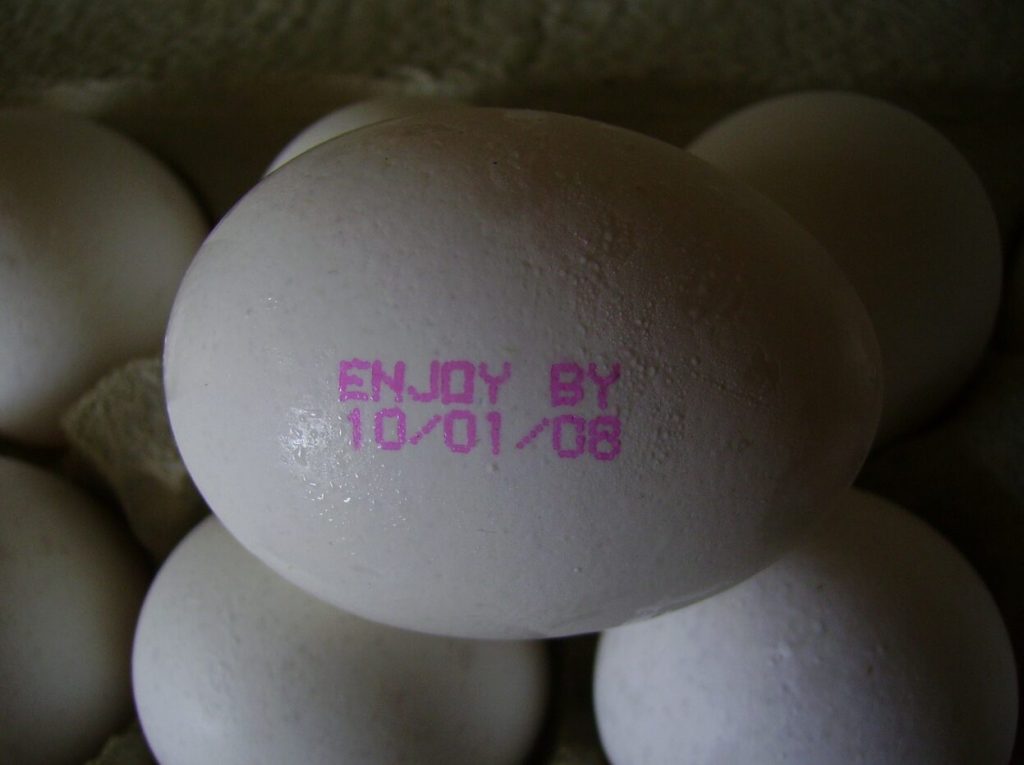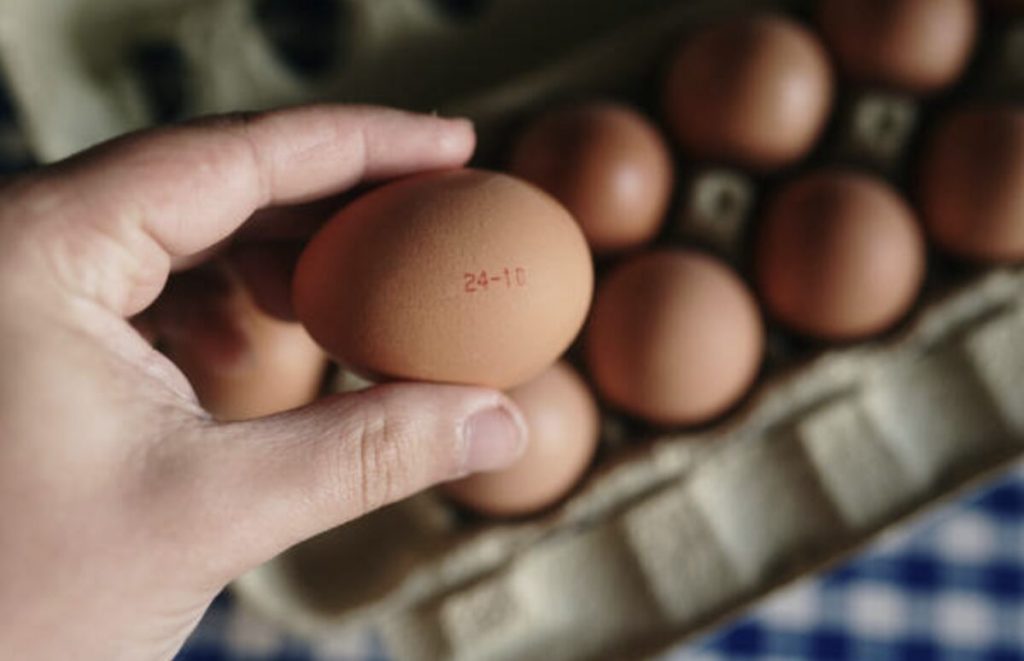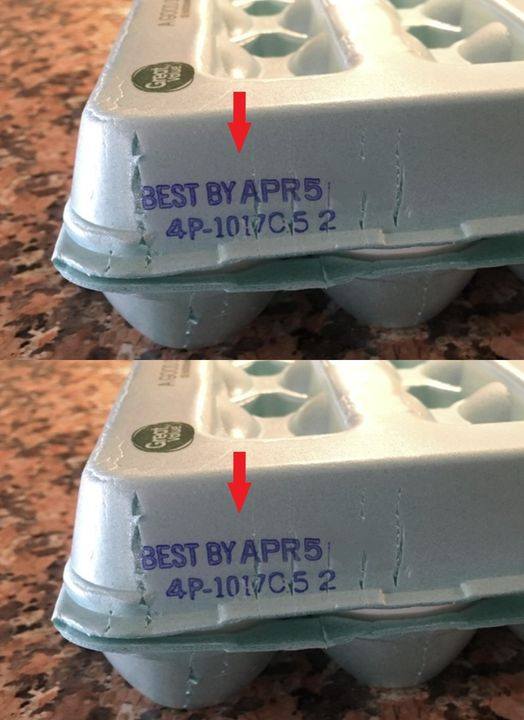As for me, and I am sure many other people who enjoy eggs, there is a certain level of pleasure in breaking an egg. Whether I am preparing a fluffy omelet for breakfast, baking a cake or simply a quick fried rice for dinner, eggs are always on my menu. Occasionally, I get them from the farmer’s market, but the majority of the time, they are from the supermarket and are sealed in those typical boxes. As time passed, I realized that knowing the codes on these boxes is not a mere fascination, but rather a need.
Have you ever looked at the numbers on the egg carton and wondered what they stand for? Those numbers may look like some kind of code, but they are easy to understand once you understand what they represent. So, let me get this straight, shall we?The Julian Date: Your Egg’s Birthday.First of all, the three-digit code which seems to be a set of completely random numbers. This is called the Julian date and it indicates the actual day of the year when the eggs were packed. The Julian date is from 001 to 365. For instance, if you notice the code 001 on the carton, it implies that the eggs were graded on the 1st of January. A code of 365 means December 31st. Pretty simple, right?I still recall the first time I encountered this. I was in my kitchen, looking at an egg carton and I felt like Sherlock Holmes solving a case. “Well, these eggs are from March 15th,” I thought to myself, feeling strangely proud of myself. It’s like knowing the password to a private group of people who are passionate about eggs.The Packaging Plant Code: The Source of Your EggsBeside the Julian date, you may find a code that begins with the letter ‘P’ – this is the plant code and it indicates the location where eggs were processed. This information is especially useful if there is a recall of eggs. Understanding the plant code can assist with identifying if your specific carton is affected by the recall. It is a small aspect but it goes a long way in ensuring that the eggs you consume are safe.Why This Matters. Perhaps, you may be asking yourself why all this is important. What is the importance of knowing the Julian date and the plant code? Okay, allow me to explain this to you.A few years ago, there was a huge egg recall because of the salmonella contamination. I can still recall it as if it was yesterday because I had purchased a couple of cartons from the store. I began to panic as I wondered if the eggs in my fridge were among those being recalled. But then, I remembered the plant code and the Julian date. I checked the area and breathed a sigh of relief as they were not in any danger.

Freshness and Expiry: Eggs Are Not Forever
Another important factor that has to do with these codes is how to handle the eggs for freshness. Eggs are safe for consumption up to 30 days from the date they were packed provided they are stored correctly. The Julian date assists you with this.I have gotten into the routine of checking the Julian date as soon as I get home from the store. It is like a small ceremony. I write down the date, make a simple mathematical calculation, and remember when to use them up. It is a very simple measure that helps me always have only fresh eggs which has a huge impact on the taste of the dish.Quality and Safety: Not Just DatesAlthough the Julian date and plant code are crucial, there is more to it for you to be sure of getting the best eggs. You can also look for other marks on the carton, such as the USDA grade shield and the words “pastured” or “organic” if that is what you are looking for.Another advantage of eggs with the USDA grade shield is that they have been inspected for quality and conform to certain standards. Grade AA eggs are the best quality eggs with thick egg whites and firm yolk which is suitable for frying or poaching. Grade A eggs are only slightly less firm than Grade AA but are still great for cooking and baking.

Organic and Pastured EggsIf you like eggs from free-range chickens, you may want to look for terms such as ‘organic’ or ‘pastured. ’ Organic eggs come from chickens that eat organic feed and are not given antibiotics. Cage-free eggs are laid by chickens that are allowed to graze and feed on real food, which makes the eggs more delicious.Let me tell you how all this knowledge came together for me. One Saturday morning I decided to make an omelet. I extended my hand for the carton of eggs, looked at the Julian date printed on it, and felt reassured – these eggs were packed just a week ago. They were fresh and perfect. I cracked a couple into a bowl; their yolks were orange and dense, indicating freshness.I then incorporated some milk, salt, and freshly ground pepper into the mixture while whisking it.

